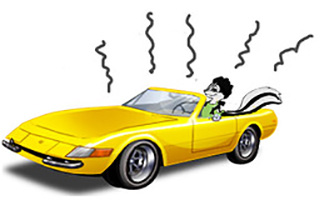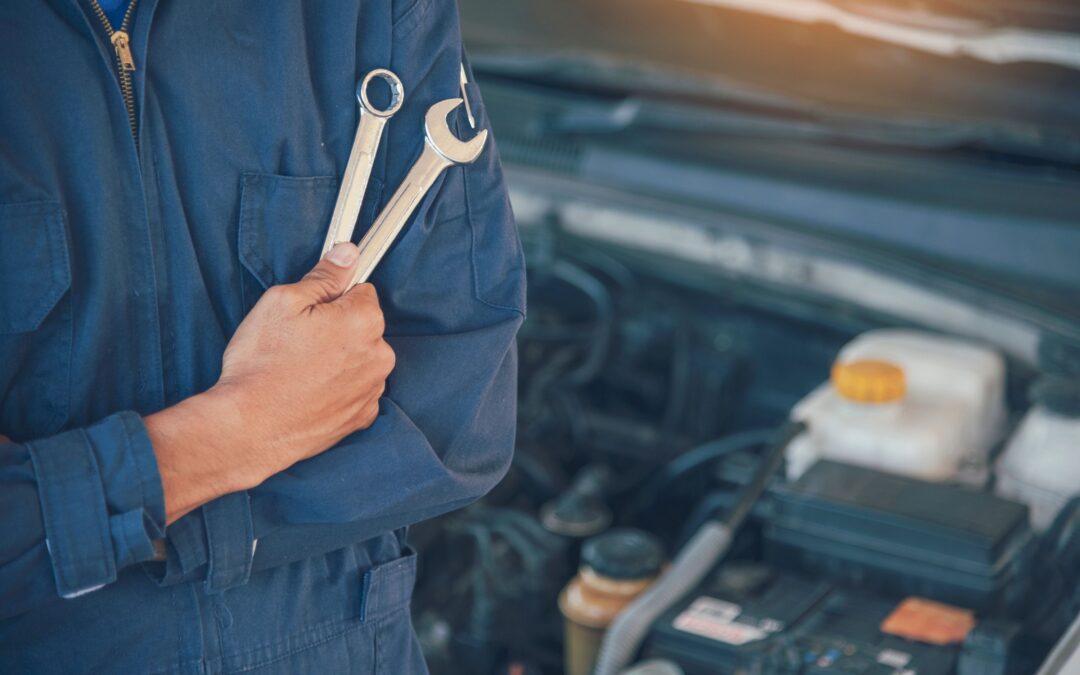Do you know what your car should or shouldn’t smell like? Knowing which car odors are signs of safety, maintenance or mechanical problems is very important in keeping your car safe and reliable. Plus, some odors signal the presence of substances that can make you sick or cause an adverse reaction.
Here is a list of six types of smells that could signal a problem. If you detect any of these smells, you’ll want to get your car checked out as soon as possible.
- Gas/gasoline smell – Your car should never smell of gas. You must have zero tolerance for gasoline odor! [We’re not talking about a gas smell resulting from an inadvertent splash of gasoline onto your body, shoes, or clothing while refueling your gas tank.] A gas smell is a sign of leaking gas, and if the leak is in the engine compartment, it could lead to a fire. One exception to this is the smell of gas following the replacement of gas tank components that can only be accessed from inside of the car. After this procedure, even after ventilation, the gas smell may linger on. In this instance, as long as the smell is diminishing, it is ok.
- Mold, mildew or musty odors – Just the hint of a musty or moldy odor can be a sign that water is getting into your car. Though it may not seem like that big of a deal, water can damage automotive computer systems and mold and mildew can actually make you sick. Don’t ignore this type of odor.
- Oil burning -The smell of automotive oil burning is similar to the smell that results from overheating and burning oil in a pan when you’re cooking. This smell can be a sign of oil leaking onto the hot parts of the engine or the exhaust system. Of course oil protects your engine, so you’ll want to consult your auto mechanic to determine the cause of the leak and get it repaired.
- Electrical burning fumes -The smell of electrical burning fumes is similar to the odor you might detect from a house socket with loose connections. In automobiles, this odor could be caused by a problem with the car’s electrical system, but it is more likely to be caused by the brakes sticking on or a clutch slipping.
- Foul rotting smell or dead animal odor – The smell of rotting flesh could mean that an animal has made a nest and then died in the heating and air conditioning duct system or on top of the engine. The severity of the problem depends of where the dead animal is lodged. Chances are the need to get rid of this foul odor will send you running to your auto mechanic sooner rather than later.
- Chemical odors – A chemical smell that enters the interior of the car through the vents could be a sign that the heating system core is seeping. You’ll want to take care of this problem sooner rather than later because some chemicals can cause an adverse reaction. I know of instances where customers developed rashes on their faces due to this problem.
As we mentioned above, if you detect any of these smells, get them checked out for your health and safety as well as for the health of your automobile.






